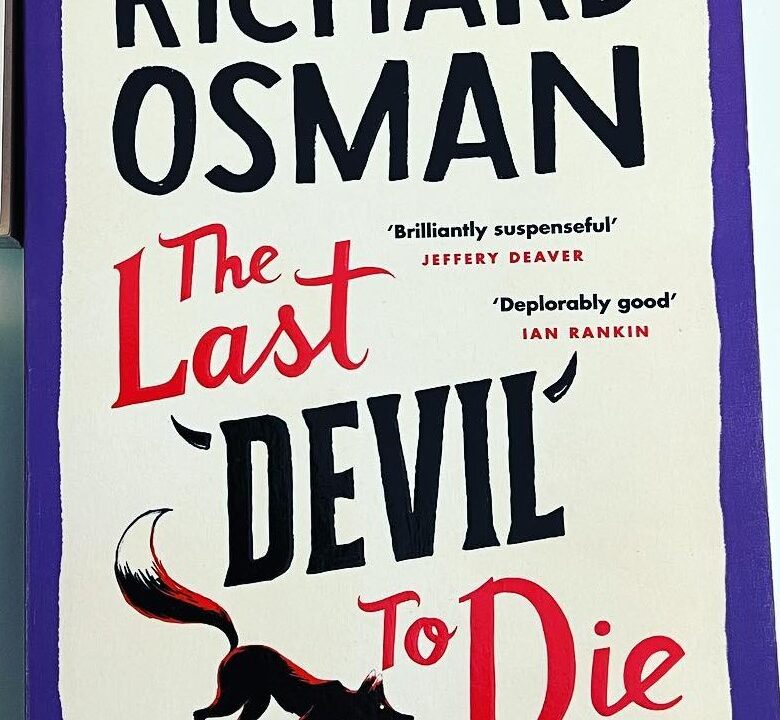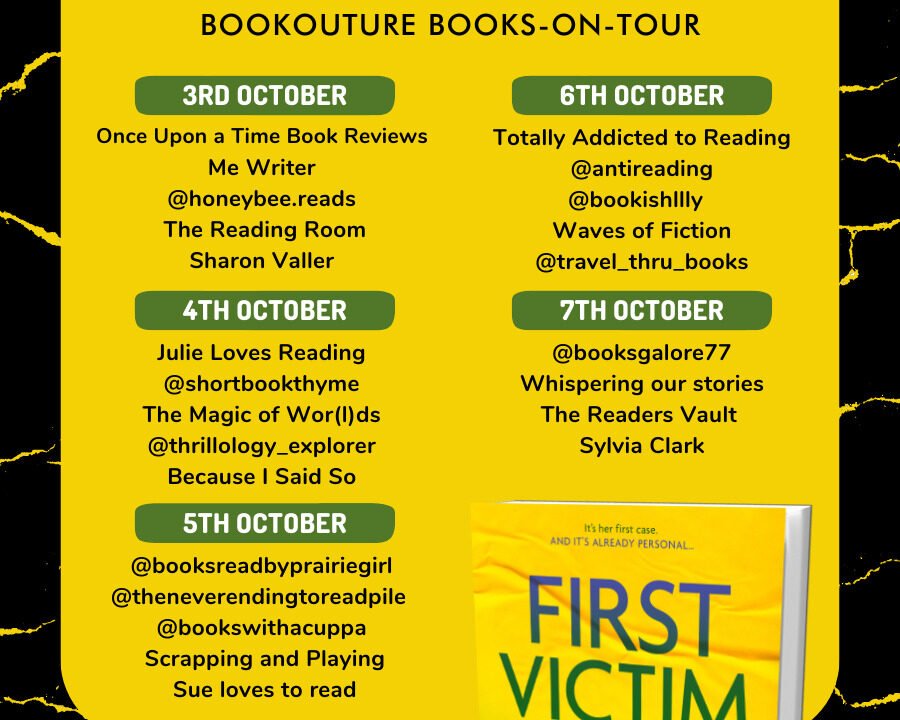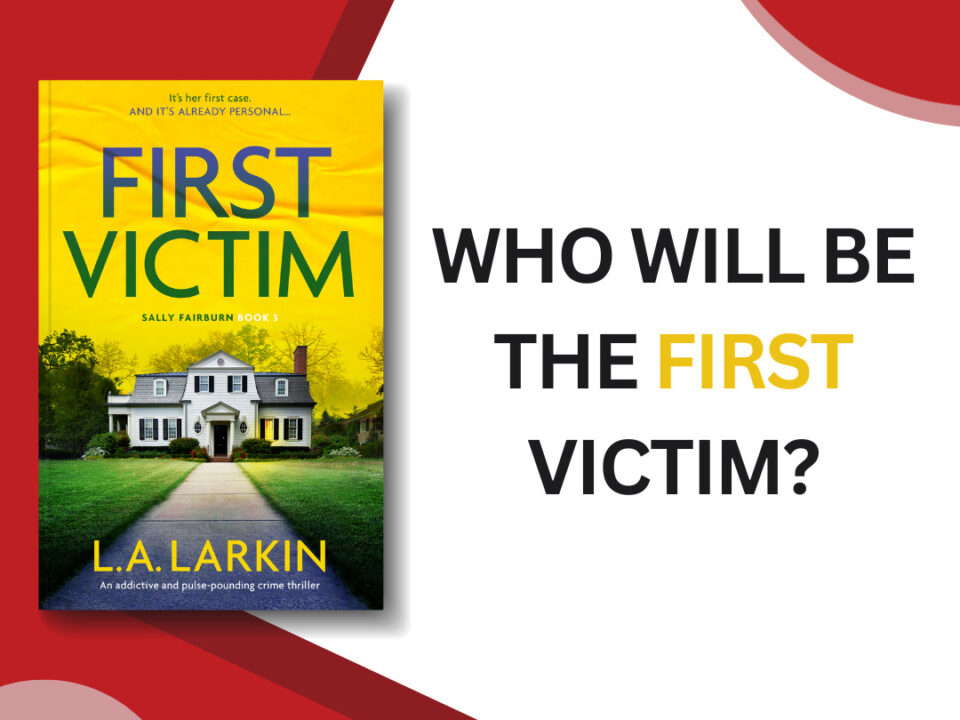I’ve been flicking through this article in the UK’s The Guardian newspaper, in which various famous authors give you their ten rules for writing fiction. Here’s the link to Part 1:
http://www.guardian.co.uk/books/2010/feb/20/ten-rules-for-writing-fiction-part-one
Some of Elmore Leonard’s comments really resonated with me, but I like to remind myself that rules are there to be broken, and sometimes by breaking them you can achieve something very impactful. But I try to do it sparingly.
I very much agree with the comment on never opening a novel with the weather (Rule 1). “It was a dark and stormy night” has been done to death. Because of my genre, I’m focused on the action but I do find that the environment around the action can reinforce the mood of the scene.
And I totally agree with his Rule 10 about deleting anything you would skip if you were the reader. But it’s always easier to notice unnecessary narrative in other people’s work, and much harder to spot in your own. As a reader I love a fast-paced plot and I cannot bear to wade through long-winded descriptions of people or place. Drives me nuts, so I skip.
Leonard’s Rule 4 – never use an adverb to modify the verb “said” – is a real poke in the eye for author’s like Dan Brown, who loves his characters reproaching angrily or whispering creepily. I’m of the opinion that adverbs need to be used very carefully, and yes, they are tempting. Dan Brown’s novels are so dramatic that I find his use of adverbs work well and theyr eflect his unique style as an author.
Do adverbs annoy you or do they help you visualise a character’s mood?



